Illegal immigration
Spain's prime minister is defending the way Moroccan and Spanish police repelled migrants last week as they tried to cross the shared border into the north African enclave of Melilla, depicting the attempt in which at least 23 people died as "an attack" on Spain's border.
Sánchez, whose left-to-centre government is trying to improve ties with Morocco following an acrimonious diplomatic dispute over Western Sahara, has refused to criticize the crackdown.
"...I regret the death of these people, as it could not be otherwise. Of course, a very special remembrance to the families of the deceased, but also recognition of the work being done by the Moroccan gendarmerie and also the state security forces and corps in Spain, which repressed an attack, I insist, an attack on our country's border." said Pedro.
In a video released online, Spanish guards can also be seen escorting migrants back to the Moroccan side, a practice that human rights activists say denies the right of refugees to apply for asylum on European soil.
Speaking at the palace on the outskirts of Madrid that hosts his office and residence, Sánchez blamed the tragedy on trafficking rings:
Now, I believe that we must point out where the responsibility lies, which is in the trafficking of human beings organised by international mafias. And, I insist, these are international mafia groups that are not only damaging the territorial integrity of Spain but also that of Morocco, which is a country suffering that irregular migration."
Non-profit groups working in northern Africa and human rights organizations have deplored the treatment the migrants received from police on both sides.
But they have also directed their blame at Spanish and European Union officials who they say have essentially outsourced border controls to Morocco and other states.




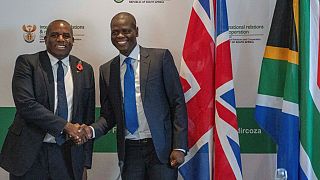

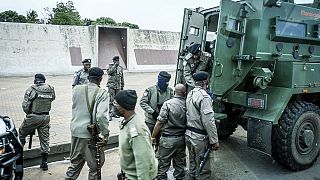

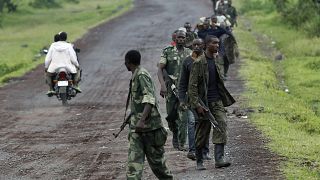
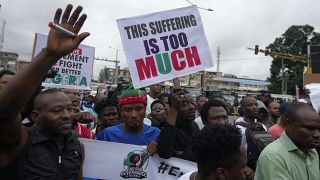
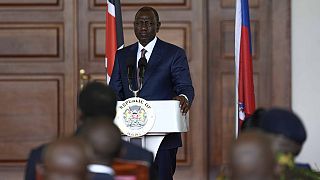
02:19
Morocco exhibition shows treasures of ancient port city of Chellah
11:07
Benin: Tapping the potential of luxury tourism [Business Africa]
02:31
UN extends Western Sahara mission amidst abstentions and Algerian protest
01:51
Meet the churches welcoming migrants across the world and championing diversity
01:00
Pics of the day: October 29, 2024
00:53
Pope Francis calls for empathy and justice in welcoming Migrants